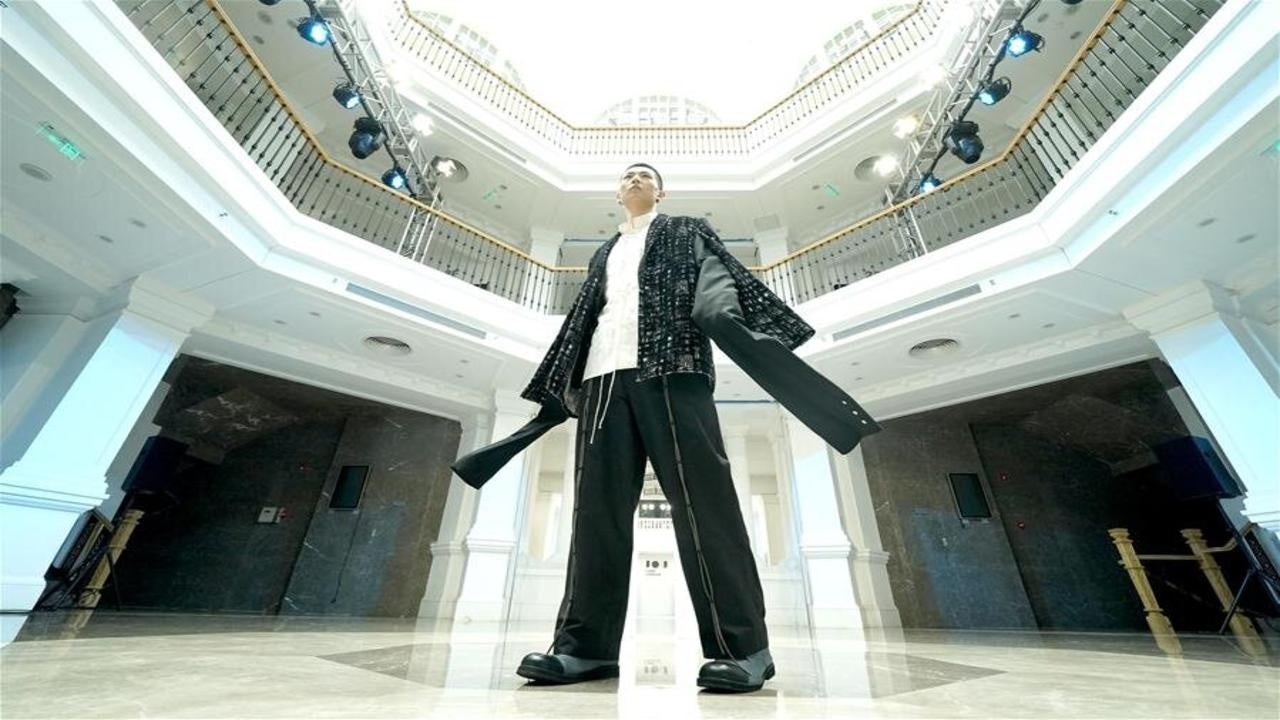This post originally appeared on Content Commerce Insider, our sister publication on branded entertainment.
China’s five-day Labor Day holiday, which began on May 1, has been the first major national celebration since the government began easing most coronavirus-related restrictions, and has been seen as a major test for the potential recovery of consumption in retail, travel, and tourism-related sectors.
Even as more than 50 million trips were made during the first two days of the holiday, the final tally is expected to be less than half of last year’s, with many more Chinese opting to stay home than in previous years. As a result, digital campaigns continue to hold crucial importance for brands seeking to reach consumers.
The high-end e-commerce platform
Secoo#
(NASDAQ: SECO) has jumped on the “cloud” fashion show trend through its partnership with China Fashion Week to present the Autumn/Winter 2020 collections under the theme of “Rebuild. Innovate. 2020.” Launched in 1997, China Fashion Week, which is held twice a year in Beijing, is the country’s oldest and most established fashion week. The spring edition was originally scheduled for late March, but was postponed in early February.
Secoo’s weeklong virtual event runs from May 1-7, with more than 230 local and international designers presenting an assortment of livestreamed runway shows, creative presentations, and sales sessions which will include “see now, buy now” functionality. Some of the content will be shared on other platforms such as Weibo, WeChat, and Youtube.
Secoo has embraced livestreaming to help cope with the fallout of the coronavirus epidemic, opening its channel to retail partners while offering tech and operations support. In March, Secoo partnered with the Shanghai-based trade show Onetimeshow to livestream the event, which featured more than 100 labels. For China Fashion Week, designers were able to stage shows in Beijing, but without audiences present.
The platform saw rapid growth in 2019, reporting a 71.3% increase in gross merchandise volume, a 75.6% increase in orders, and a 32% increase in registered users from the previous year, according to its recently released annual report. Revenues were up 27.5% to RMB 6.87 billion ($987 million), while net income rose 3.9% to RMB 161.7 million ($23.2 million).
Shanghai launched an expansive “5.5” shopping festival to coincide with the holiday#
. Though aimed primarily at boosting local firms, international brands were also featured prominently in keeping with Shanghai’s status as a cosmopolitan city.
The event had a major online component, with an emphasis on e-commerce livestreaming. A total of 55 Shanghai Radio hosts participated in a series of nightly five-hour-long shows, broadcast via Douyin from April 30 to May 5, that focused on sharing brand stories.
Local officials also engaged in livestreaming to promote good, with one from Shanghai’s Minhang District gaining a measure of notoriety after commenting on how much younger his wife looked after using a facial product that he was hawking.
The video streaming platform Bilibili released a short video to promote the shopping festival starring a number of its popular creators and influencers. Overseas brands such as
Vero Moda#
and
Corona#
were highlighted alongside trendy local labels including C-beauty brand
Perfect Diary#
and tea chain
Lele Cha#
.
